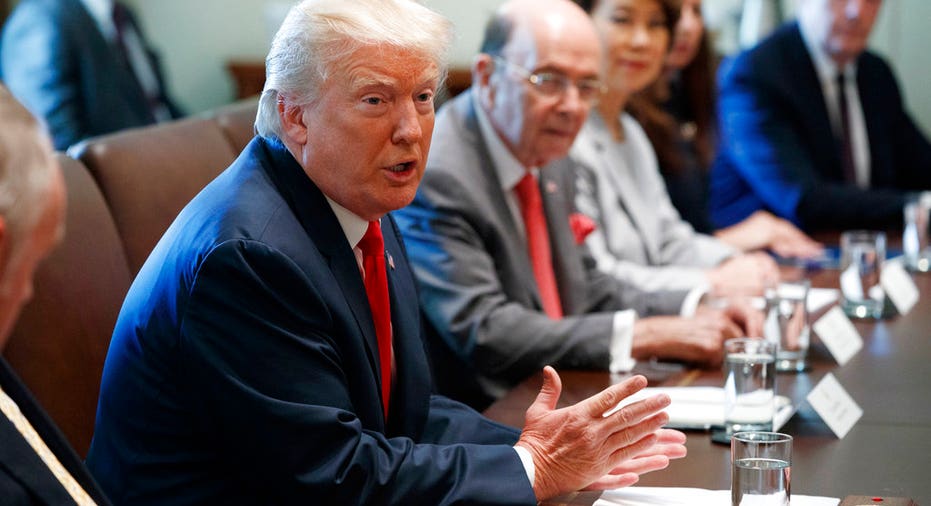As the GOP advances tax reform, Democrats call for bipartisan talks

While health care talks broke down after Republicans failed to gain a single vote to repeal ObamaCare from lawmakers on the other side of the aisle, Democrats and Independents said Tuesday they may be willing to come to the table on another policy debate: tax reform.
There are conditions, however. In a letter to Republican leadership, Senate Democrats said they are willing to work in tandem with the GOP on overhauling the U.S. tax code as long as the middle class doesn’t pay more and the top 1% of earners doesn’t pay less.
"We are confident that, by working together, we could modernize our tax system to increase working families' wages, improve middle-class job growth, promote domestic investment, modernize our outdated business and international tax systems and put in place sound fiscal policy that raises the revenue needed to meet the needs of our country," the letter, signed by 45 of 48 Senate Democratic caucus members, read.
On Tuesday morning, Treasury Secretary Steve Mnuchin met with Majority Leader Mitch McConnell, R-Ky., and Minority Leader Chuck Schumer, D-N.Y., at the Capitol.
The terms laid out by Democrats are unlikely to tempt Republicans, who are planning to use a filibuster-proof Senate procedure to advance the legislation without their help.
On Monday, National Economic Director Gary Cohn said the GOP is in total agreement on the broad principles for tax reform. He said the bill should be written within three to four weeks and reiterated the timeline that it will be signed before the end of 2017.
Last week, White House officials and Republican Congressional Leadership announced the border-adjustment tax would not be included in the legislation. They also said the bill would lower the business tax rate, reduce “tax rates as much as possible,” increase capital expensing and ensure that the legislation is permanent.
The most recent successful tax reform effort was in 1986 and required a bipartisan push to overcome opposition from powerful interest groups.
Three Democrats from states easily carried by President Donald Trump — Joe Manchin of West Virginia, Joe Donnelly of Indiana, and Heidi Heitkamp of North Dakota — did not sign the letter. All three are up for re-election.
The Associated Press contributed to this report.



















